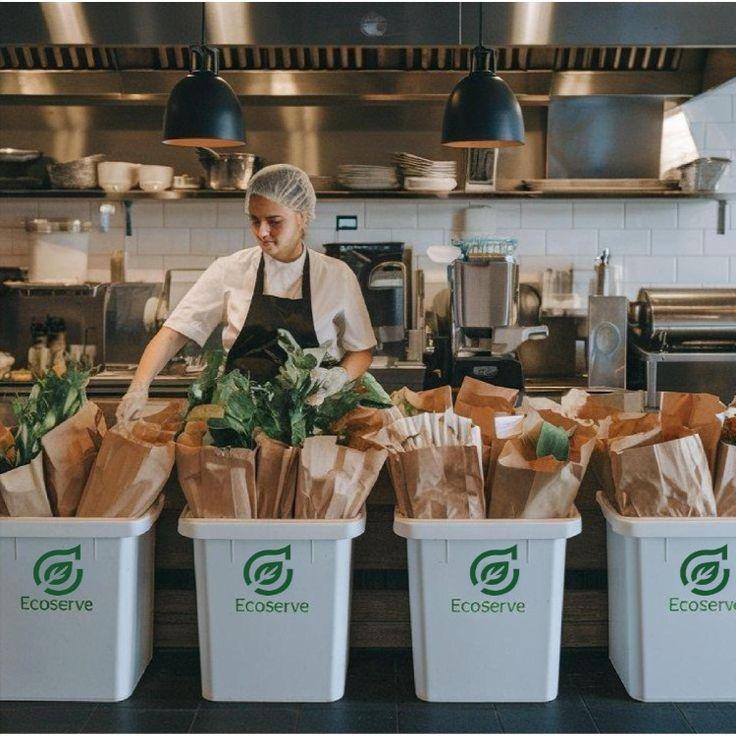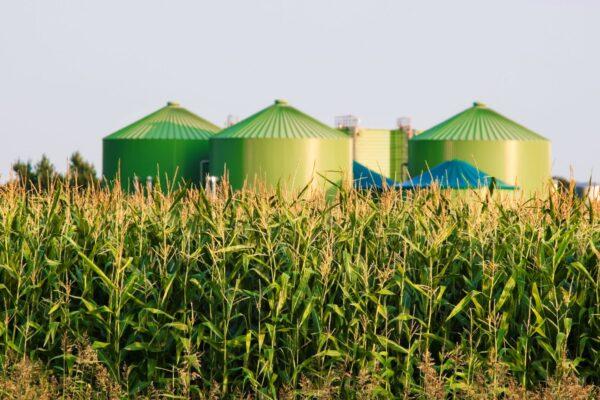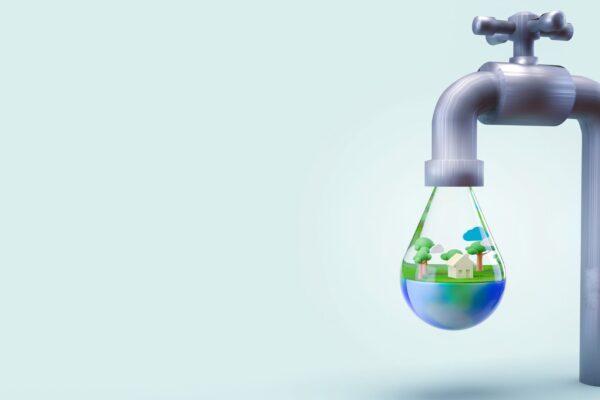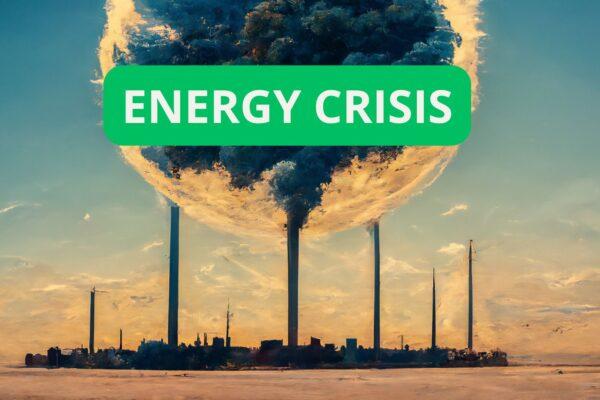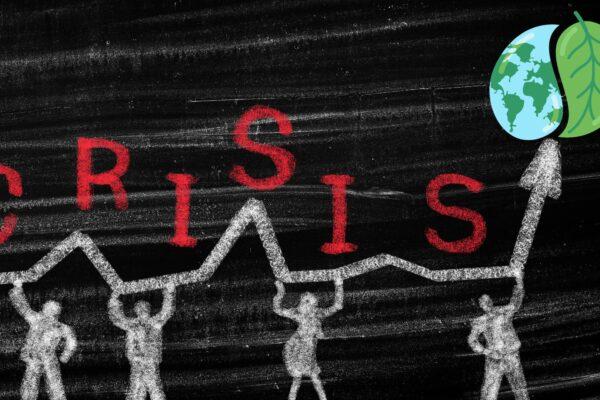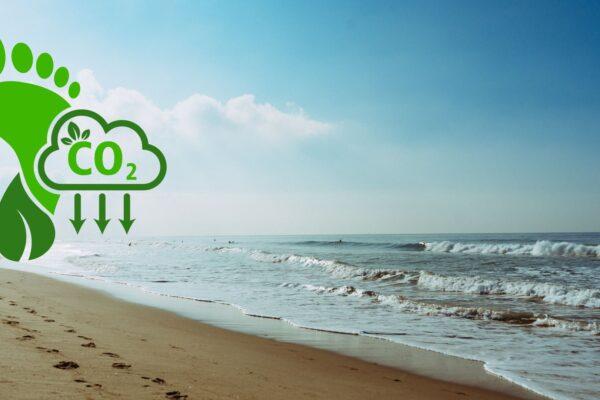Maintaining sustainable economic growth while minimizing the environmental impact has become a critical challenge for Indonesia. As one of the world’s fastest-growing economies and a nation rich in natural resources, the balance of economy and environmental stability is a big concern. Looking towards global movement, Indonesia is following the Sustainable Development Goals (SDGs) by the United Nation as the roadmap for balancing economic progress with environmental stewardship.
Nowadays, businesses in Indonesia are increasingly aligning their strategies with SDGs to foster long-term sustainability, with a focus on green growth as an economic model that promotes environmental responsibility while ensuring profitability.
Table of Contents
ToggleBusinesses and SDGs in Indonesia
Businesses in Indonesia play a pivotal role in achieving the SDGs, particularly those related to the environment. SDG 12 (Responsible Consumption and Production), SDG 13 (Climate Action), SDG 7 (Affordable and Clean Energy), and SDG 15 (Life on Land) are key focus areas for companies aiming to minimize environmental footprints.
Several major Indonesian corporations have integrated sustainability into their business models. For instance, Unilever Indonesia has committed to reducing plastic waste by ensuring all its packaging is recyclable in 2025. Besides, Danone-AQUA is championing circular economy initiatives by adopting sustainable water resource management and plastic recycling programs.
Considering The Economic and Environmental Impact

Sustainable business practices are not only crucial for environmental conservation but also drive long-term economic benefits. Companies investing in sustainable supply chains, energy efficiency, and waste reduction report improved profitability and enhanced brand reputation.
According to a 2022 report by Indonesia’s Ministry of National Development Planning (Bappenas), businesses that integrate sustainability strategies contribute to an estimated 2% increase in Indonesia’s GDP growth annually. Additionally, adopting sustainable practices helps companies mitigate risks associated with resource scarcity and regulatory changes, ensuring long-term stability. Consumers are increasingly favoring brands that demonstrate a commitment to environmental responsibility, leading to higher customer loyalty and market competitiveness.
Companies Success Story in Aligning with SDGs
By this far, some Indonesian companies has successively progressed towards the implementation of SDGs within their business. Here are some of the example:
-
PLN’s Renewable Energy Expansion (SDG 7 & 13)
Perusahaan Listrik Negara (PLN), Indonesia’s state-owned electricity provider, has committed to increasing renewable energy capacity to 23% by 2025. Through collaborations with private investors, PLN has developed solar, wind, and hydropower projects, reducing reliance on coal-based energy.
-
Indofood’s Sustainable Agriculture Practices (SDG 12 & 15)
Indofood, one of Indonesia’s largest food companies, has integrated sustainable farming techniques to minimize deforestation and improve soil health. By implementing precision agriculture and reforestation programs, the company has significantly reduced its environmental impact.
-
Tokopedia’s Green E-Commerce Initiative (SDG 12)
Tokopedia, one of Indonesia’s leading e-commerce platforms, has introduced eco-friendly product categories, encouraging businesses to adopt sustainable packaging and ethical sourcing practices.
Challenges to Sustainable Business Practices
Despite progress, Indonesian businesses face several challenges in fully aligning with SDGs. especially for the SMEs (Small and Medium Enterprises), they often struggle to secure funding for sustainability initiatives due to high upfront costs. Besides, Indonesia still faces a challenge in infrastructure gaps. For instance, the goal in renewable energy adoption is constrained by inadequate infrastructure, particularly in rural areas.
The Indonesian government, alongside international organizations, is working to address these barriers through policies such as the carbon tax (introduced in 2022) as the carbon pricing mechanism, and Green Sukuk bonds to finance eco-friendly projects.
What’s Next for Indonesian Business?
The alignment of Indonesian businesses with SDGs marks a significant step toward a sustainable and resilient economy. While challenges remain, the growing commitment from corporations, supported by government policies and international partnerships, is driving a transformation toward green growth.
By prioritizing sustainability, businesses in Indonesia are not only securing their future but also contributing to global environmental well-being. As Indonesian business continues to embrace SDGs, it will shape a future that is both economically prosperous and environmentally responsible.
Especially now we have Satuplatform.com as all-in-one solution who provides business with carbon consultancy and environment initiative assistance. Try our FREE DEMO now!
Similar Article
The Next Era of Sustainable Business: Going from Circular to Regenerative Models
In 2024, companies started to elevate sustainable business through more future-fit models. Global challenges, from resource scarcity to social and…
Sertifikasi Industri Hijau (SIH), Pilar Transformasi Bisnis Berkelanjutan di Indonesia
Pemerintah Indonesia telah menegaskan komitmen untuk mencapai Net Zero Emission 2060 melalui transformasi ekonomi hijau. Tiga krisis planet, kerentanan pasokan…
Strategi Konservasi Air di Sektor Bisnis untuk Mengurangi Dampak Jejak Karbon
Sadarkah Anda bahwa konservasi air dan manajemen air dapat membantu menekan biaya operasional sekaligus membawa perubahan signifikan pada dampak lingkungan…
This Is How Energy Crisis Should Not Get Ignored
The global energy landscape is undergoing significant shifts, driven by escalating demand, geopolitical tensions, and the urgent call for sustainable…
BMKG: Fase Kritis Dunia, Apa yang Dapat Kita Lakukan?
Setiap hari, kita merasakan cuaca yang semakin sulit diprediksi. Pada pagi atau siang hari, cuaca sangat panas namun kemudian menjelang…
Memahami Dampak Jejak Karbon Tersembunyi di Balik Jejak Air
Dalam upaya menerapkan strategi keberlanjutan, jejak karbon dan jejak air (water footprint) merupakan dua metrik penting untuk mengukur dampak ekologis.…

